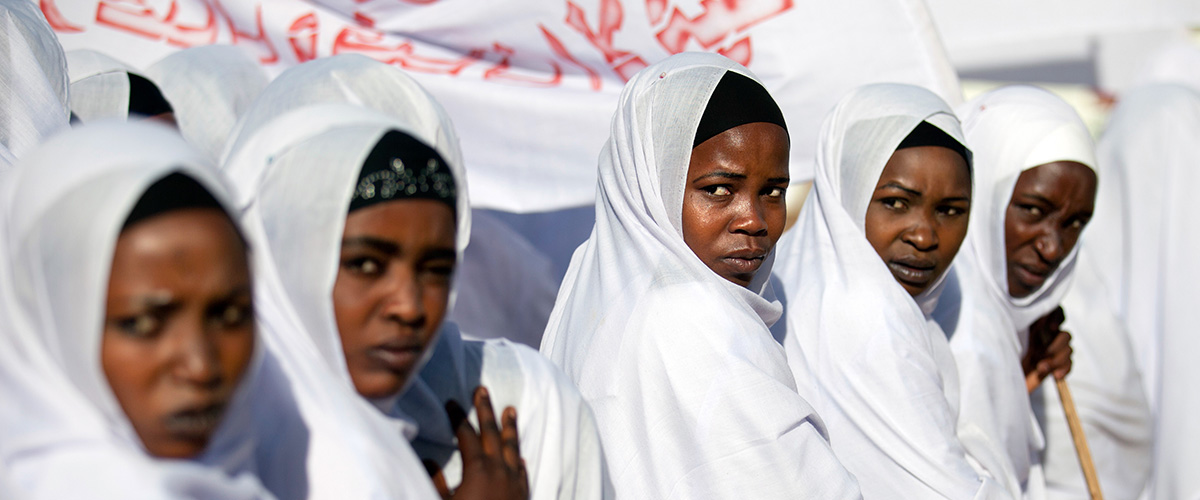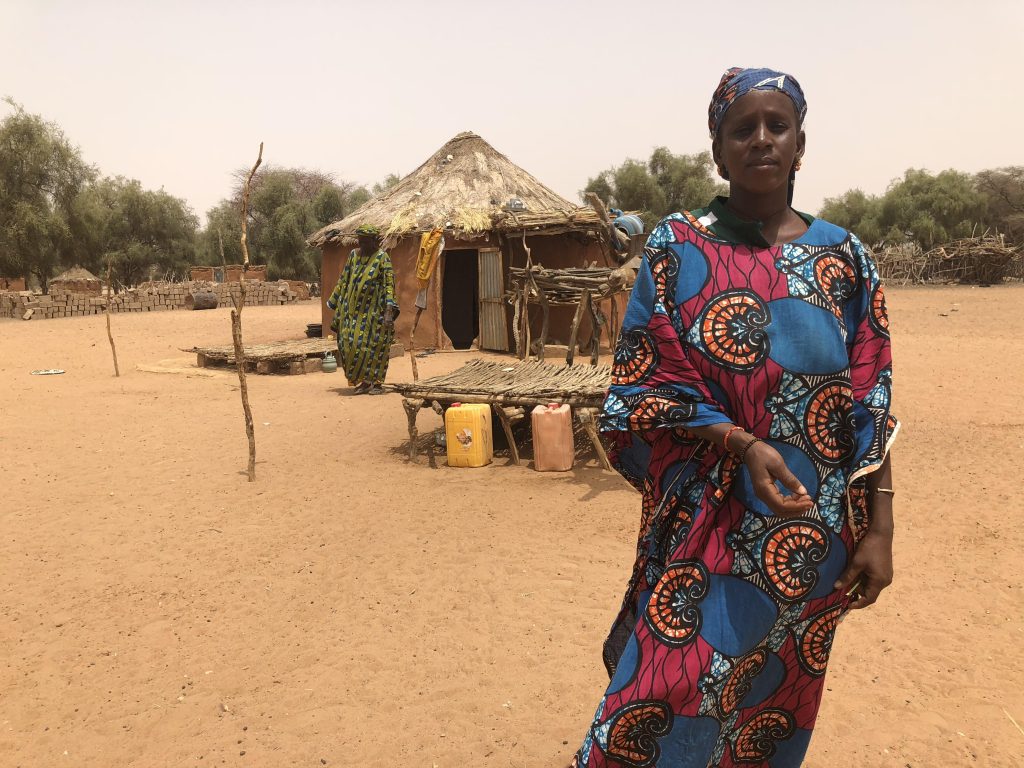Women around the world are saying “enough” to discrimination and standing up for gender equality, from the Women’s March in cities around the world to the #MeToo Movement.
Another movement is swelling across the Global South, where women are demanding equal rights to their land and natural resources.
At the 2016 Kilimanjaro Initiative, for example, women from across Africa came together to summit Africa’s tallest peak, a culmination of years of our shared frustration at not having secure and equal access to land. But like so many of these other movements, we still have many more mountains to climb before truly arriving at our destination.

As Tanzania Program Director at Landesa, a global land rights organization, and through 25 years of experience advocating for the rights of women and girls, I’ve met countless women who are still waiting for the promise of gender equality to arrive.
Aisha, a 23-year-old in eastern Tanzania, is one of these women. She and her husband grow maize on a parcel of land allocated to them by their village government. She’d like to grow cassava, millet, and sorghum, which they can produce year-round. But the land is in her husband’s name, and he decides how to use it. She’s grateful to work the land alongside her husband, but wishes she had more say in the decisions about how to use that land.
This gender gap leaves far too many women without access to land – a fundamental asset and source of income, security, opportunity, and status.
At Landesa, we understand the transformative power of secure land rights to lift women, men, their families and communities out of poverty. For more than fifty years, we’ve worked with governments and civil society to strengthen land rights for 500 million people worldwide. And over the course of those years, we have learned that gender-responsive land rights can be an especially powerful tool for women.
In half of all countries around the world, women experience gender discrimination in their rights to land. From weak capacity, implementation and political will, to entrenched social and cultural norms, these injustices persist even where national law protects those rights.
Building from voices around the world we are launching a global campaign that has the power and potential to close the gap between law and practice that is preventing women from realizing equal rights to property, land and resources.
Announced at this year’s Trust Conference, the global women’s land rights campaign will fuel the efforts of country-based civil society groups and NGOs who will be the real engine of impact, driving change in capitals and communities and advancing the strategies and solutions to close the women’s land rights gap.
To succeed, we need implementation partners who can roll up their sleeves and be a part of this advocacy campaign on the ground in countries and communities in both urban and rural areas.
We need media and communications partners to help us elevate our messages in countries and on the global stage. We need technology partners who can provide mapping and mobile solutions to documenting land rights in communities. And we need legal partners that can advise on strategies for improving weak implementation policies.
Together, we can close this enormous gap.
Together, we can make sure that millions of women realize their land rights not only on paper – but in their daily lives.

